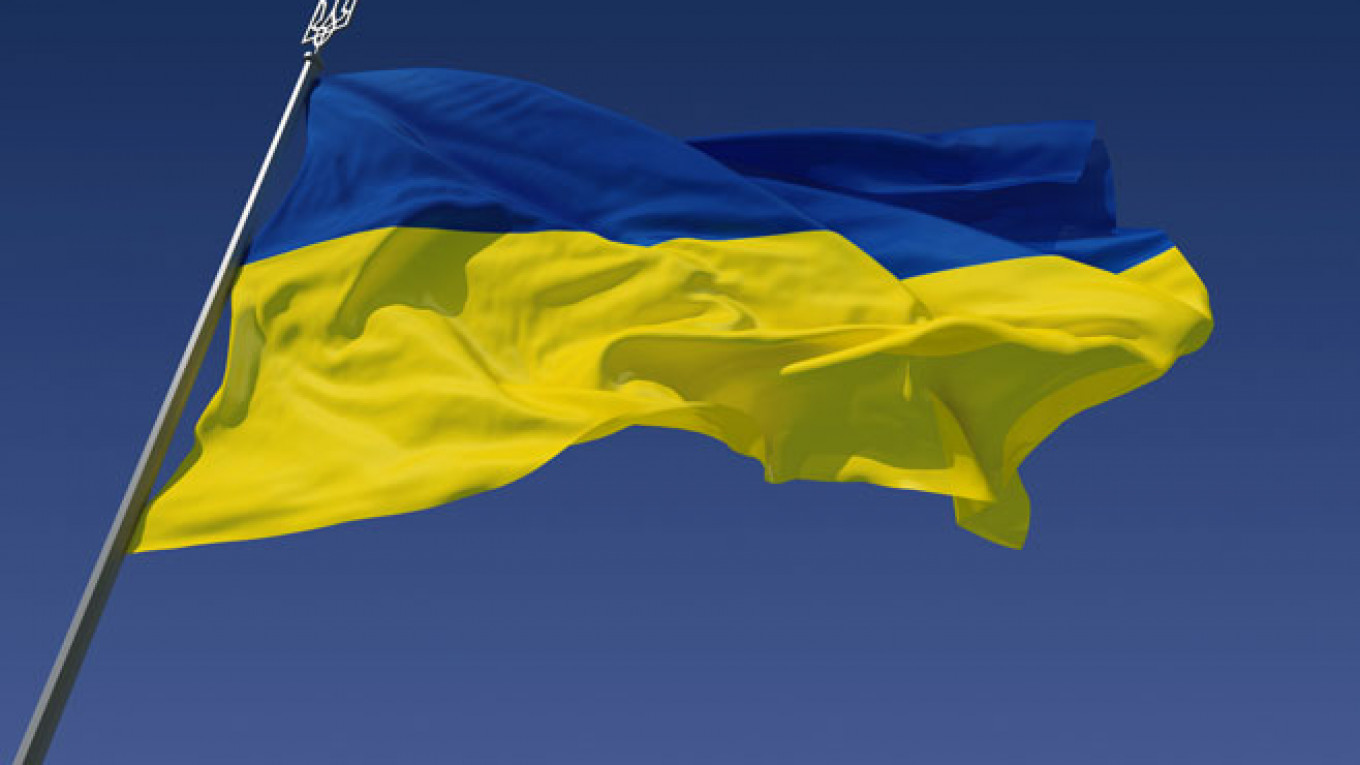 Vladimir Frolov
Vladimir Frolov
The horse-trading that accompanied the resignation of Ukrainian Prime Minister Arseniy Yatsenyuk on April 10 may seem surprising — even disgusting — to many post-Soviet leaders, unburdened by the need for political compromise.
From a Western perspective however, it is not entirely unusual. This is how coalition governments work: just ask Spain (still without a government after parliamentary elections last December), Ireland, Greece, or even Germany.
Ukraine, of course, is not Spain. It's current government reshuffle is not intended to better reflect the popular will of the people, manifested in a free and fair election. Rather, it is to maintain the existing order of backroom oligarchic deals that benefit a few elite groups.
It is also a rather unadulterated power grab by President Petro Poroshenko, who seeks to install his political protege, Speaker Vladimir Groisman, as prime minister, and his political ally, Yuriy Lutsenko, as Prosecutor General. Poroshenko, a control freak, does not seem to believe in checks and balances. Like many post-Soviet and Eastern European leaders, he strives to maximize his personal power by relying on loyalists, proteges, and murky backroom operators to control key political decisions and accompanying business spoils. This is precisely what Western capitals feared, but appeared powerless to prevent.
Still, it is also an effort by Poroshenko to respond to growing frustration — both at home and in the West — with the government's halting reform record, unchecked corruption, and plummeting public support. Under Yatsenyuk as prime minister, Ukraine has made real progress on budget reform, debt restructuring, banking regulation and cutting energy subsidies. At the same time, its tax system remains dysfunctional, property rights shaky, and the judicial system corrupt. More importantly, government funds continue to be siphoned off through sweetheart deals with crony businessmen — sometimes too closely allied with the former prime minister and even the president himself.
All of this has resulted in a devastating loss of public support for Poroshenko's Solidarity bloc and Yatsenyuk's Popular Front party (hovering at a dismal 6 percent and 2 percent respectively, according to a March 2016 poll by KMIS). Two other former coalition partners — Yulia Tymoshenko's Fatherland and Andriy Sadovyi's Self-Reliance — are both rising in the polls, after quitting the sinking ship in February when Yatsenyuk survived a vote of no confidence.
A new parliamentary election would be destabilizing, with no clear winner and a possible pro-Moscow "broad coalition" between Tymoshenko and the Opposition Bloc. More electoral turmoil would also delay the disbursement of the $17.6 billion IMF loan and U.S. government loan, with devastating effects for Ukraine's financial stability.
A government reshuffle within the framework of the existing coalition — whose members stand to lose everything in a snap election — was the only remaining option. In a typically Ukrainian fashion, Yatsenyuk was finally eased out of his chair when his two key oligarch allies, Renat Akhmetov and Igor Kolomoisky, withdrew their support. They did so after assurances that their interests would be protected under the new government.
For Moscow, the government reshuffle in Kiev does not change much. Ukraine's security policy, as well as its dealings with Moscow over the settlement in the Donbass, have been under Poroshenko's control. He is still viewed by the Kremlin as a suitable partner for peace, whereas Yatsenyuk has been described as the leader of the "party of war." Moscow would have potentially benefited from a snap election and, as Putin recently told Russian business leaders, that was what he had proposed to U.S. President Barack Obama and German Chancellor Angela Merkel.
Moscow wants a Ukrainian parliament that could muster the 300 votes needed to pass the constitutional reform package as mandated by the Minsk-2 peace agreement, granting permanent special status for the Donbass. This is not likely to happen any time soon, with Andriy Parubiy, the Maidan commander, as the new speaker.
A new German proposal, however, looks to decouple the issue of constitutional reform from Minsk-2. A new special status law, a broad amnesty law, and a special election law for the Donbass are all possible with the 226 votes that Poroshenko's coalition currently controls.
With Poroshenko under domestic and international pressure to perform, and with his direct political responsibility for the new government, it might even become feasible.
But, as always, nothing is assured in Ukrainian politics.
Vladimir Frolov is a political analyst.?
A Message from The Moscow Times:
Dear readers,
We are facing unprecedented challenges. Russia's Prosecutor General's Office has designated The Moscow Times as an "undesirable" organization, criminalizing our work and putting our staff at risk of prosecution. This follows our earlier unjust labeling as a "foreign agent."
These actions are direct attempts to silence independent journalism in Russia. The authorities claim our work "discredits the decisions of the Russian leadership." We see things differently: we strive to provide accurate, unbiased reporting on Russia.
We, the journalists of The Moscow Times, refuse to be silenced. But to continue our work, we need your help.
Your support, no matter how small, makes a world of difference. If you can, please support us monthly starting from just $2. It's quick to set up, and every contribution makes a significant impact.
By supporting The Moscow Times, you're defending open, independent journalism in the face of repression. Thank you for standing with us.
Remind me later.


